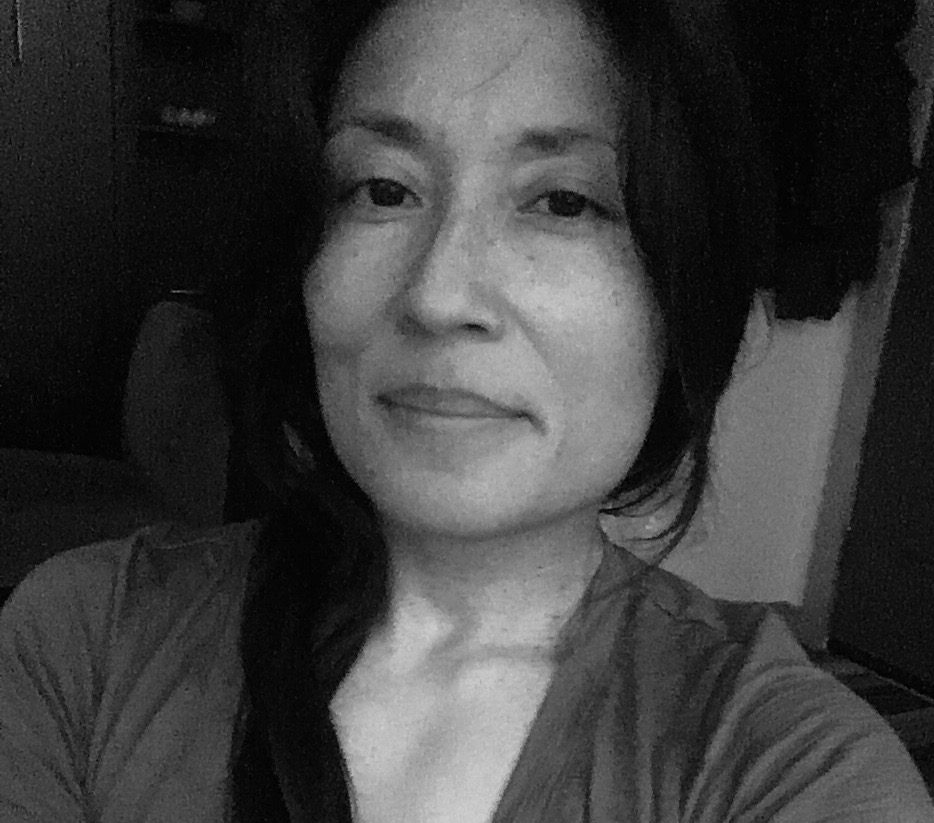Professor Spotlight: Michelle Montgomery
Michelle Montgomery, an associate professor in American Indian Studies and Ethnic, Gender and Labor Studies here at UW Tacoma holds several roles and positions of leadership in the UW community. With a doctorate in Language, Literacy and Sociocultural Studies from the University of New Mexico, last year she was also the recipient of the Distinguished Community Engagement Award for UWT. In starting the new year, Montgomery discussed her college and teaching experiences, passions, roles in the UW’s university system and the role that community and family have in shaping who we are.
“My assignment is to the division of Social-Historical Studies, but I am under the Ethnic gender and Labor studies umbrella. I am also the co-coordinator for the American Indian Studies minor.
I am the assistant director for the office of undergraduate education, an adjunct associate professor in the School of Education and the School of Medicine. I am also an Indigenous community and curriculum advisor for the School of Education as well as interim director for undergraduates in the Department of Bioethics and Humanities,” Montgomery said.
Montgomery grew up in the small, rural community of Hollister, N.C. As an enrolled member of the Haliwa Saponi/Eastern Band Cherokee, Montgomery went to school with people from her community. She was taught and inspired by many members of her family to respect everything that is brought to the table.
“My passion comes from my roots. I am a mixed race American-Indian woman,” Montgomery said. “I am proud of my blackness, I am proud of my indigeneity, I am also proud that my mother is Mongolian and Korean. When you take all blimps together there is a lot of weight that I am carrying for my people. I do what I do, because my grandfather used to remind me that people have died for me to have the privileges that I have and that isn’t giving me guilt. It’s about knowing what I am going to do, to understand and show that knowledge has an inherent amount of responsibility and part of that responsibility is how you share it.”
While she was an undergraduate, Montgomery had plans to go to medical school but felt as though it was not for her. Her aunt suggested a math and science teacher position and tested it out for the year. She moved on from there and became an air quality program manager and was later asked to perform labs for the local elementary school. She taught at the Institute of America-Indian Arts until she was eventually recruited to the UW School of Medicine and Bioethics.
“My mentor, Dr. Reynor, she is a champion of all champions,” Montgomery said. “She is one of those persons that has consistently reminded me that I have worth and I belong where I am. I just think that with being a passionate person, immersive in any type of education it really is about paying it forward.”
Montgomery believes every voice matters, and she reinforces this through her style of teaching. She expresses the conduit of voice and aims to teach in her classroom the importance of students empowering their own.
“I love what I do,” Montgomery said. “You guys call what you do work and I think our students at UWT should hear that more often. They should hear that their educators on campus love what they do, that they appreciate the student body and they appreciate the diversity. What I don’t hear enough of is how special our students are at UWT. We have such beautiful, varied cultures and ethnicities and lived experiences and intersectionality.”
While teaching classes, Montgomery wrote and published a book titled “Identity Politics of Difference: The Mixed-Race American Indian Experience.” When asked if she had another book coming out soon, she explained that one was in the works.
“I am working on a book that I have re-written twice. It focuses on eco-critical race theory and it really unpacks environmental racism.”
“Resilience and Sustainability: Indigenous Identities and the Interconnectedness to Place” is the planned name of the second book, and Montgomery hopes to have it completed and published soon.
For Montgomery, teaching and education goes hand-in-hand with the lessons she learned growing up from her family members. She continues to follow her family’s lessons and apply them to her own teaching style.
“Ten years later, now I’m back in the department of Bioethics as an Interim director and I am teaching this quarter,” Montgomery said. “My grandfather, my great uncle and aunt always took the time to teach me the patience, the care, the nurturing — no scolding — and that’s what education should be about.”



